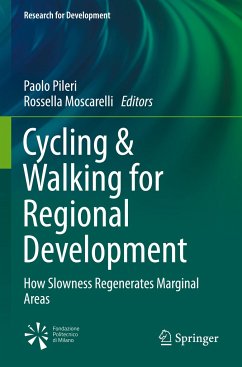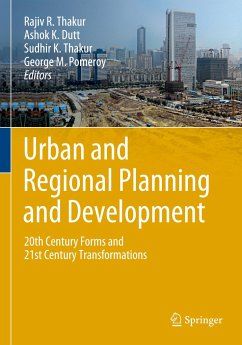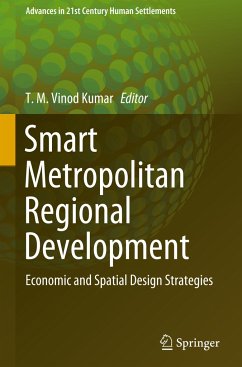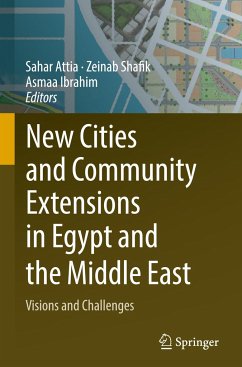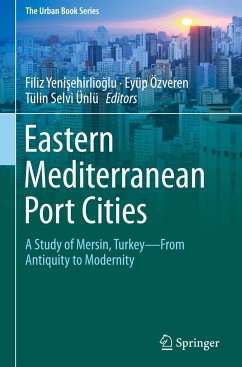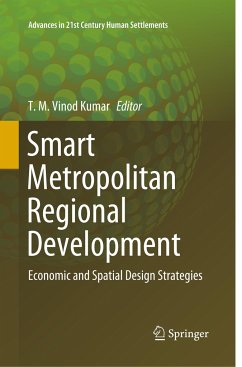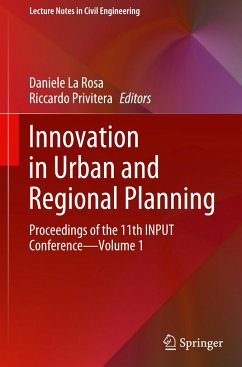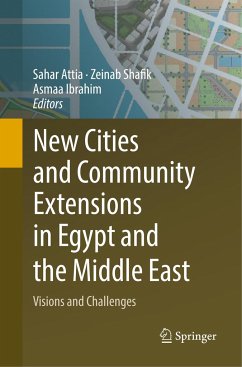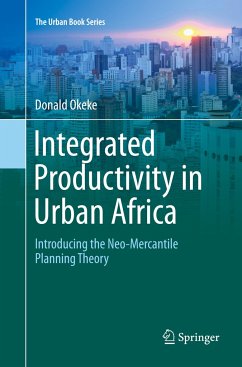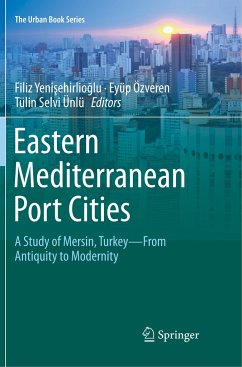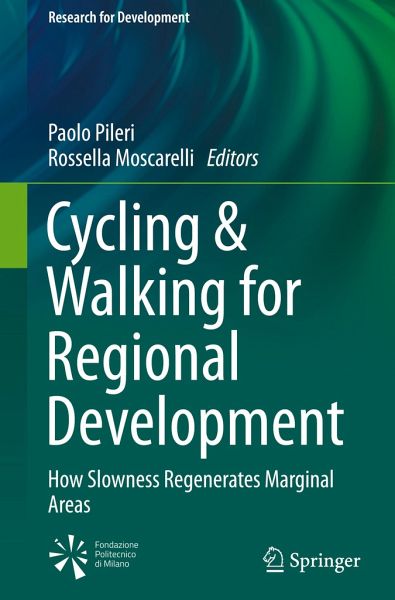
Cycling & Walking for Regional Development
How Slowness Regenerates Marginal Areas
Herausgegeben: Pileri, Paolo; Moscarelli, Rossella

PAYBACK Punkte
61 °P sammeln!
This book investigates why and how cycle and walking paths can help to promote the regeneration of marginalized areas facing depopulation and economic decline. In addition, it offers a broad overview of recent scientific research into slow tourism and marginality/spatial inequality and explores the linkages between these topics. Key issues are addressed by experts from various disciplinary backgrounds, and potential measures are proposed for the integration of slow tourism into strategies for regional development. Particular attention is devoted to the VENTO project, which involves the creatio...
This book investigates why and how cycle and walking paths can help to promote the regeneration of marginalized areas facing depopulation and economic decline. In addition, it offers a broad overview of recent scientific research into slow tourism and marginality/spatial inequality and explores the linkages between these topics. Key issues are addressed by experts from various disciplinary backgrounds, and potential measures are proposed for the integration of slow tourism into strategies for regional development. Particular attention is devoted to the VENTO project, which involves the creation of a 700-km-long cycle route from Venice to Turin that passes through various rural and marginalized areas of northern Italy. The goal, research process, design, and early lessons from this important project are all discussed in detail. Moreover, the book describes policies and strategies that have successfully been used to enhance the slow tourism infrastructure in other European countries.Given its scope, the book will appeal to researchers, professionals, and students interested in e.g. policymaking, tourism planning, regional development, and landscape and urban planning.





